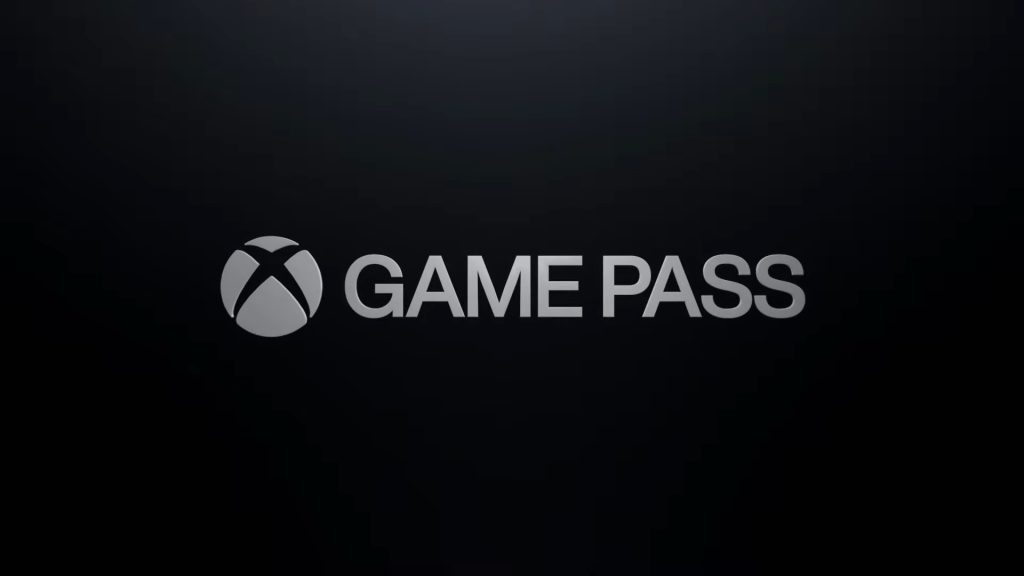Microsoft Doesn’t Factor Revenue Lost by First-Party Games in Game Pass Profitability


It looks like despite the otherwise relatively grim atmosphere at Microsoft because of all the lay-offs, project cancellations, and even a studio closure, the company’s subscription service, Xbox Game Pass, is still seen as being profitable. According to a series of posts on social media platform X by The Game Business co-founder and editor-in-chief Christopher Dring, Microsoft sees the subscription service as profitable when it comes to business fees paid to third-parties, marekting and service costs.
It is important to note that Dring also points out that Microsoft doesn’t count revenue that is being “lost” because of the company’s first-party game releases coming to Game Pass on day one. He notes that, if first-party studios are getting paid similarly to third-party publishers and studios to bring their titles to Game Pass, the service likely wouldn’t be considered as profitable.
“So costs associated with the Game Pass business is fees paid to third-parties, marketing, service costs… and by that measure, it’s profitable,” posted Dring. “What they don’t count is the lost revenue that Xbox’s first-party studios are seeing as a result of the service. I have to imagine if first-party studios received similar compensation, that profitability might not be correct.”
Later in the thread, Dring also noted that Microsoft itself told him that costs associated with first-party releases on the subscription service are not included in the company’s accounting of the profitability of Game Pass.
While Microsoft might see the service as profitable and still worthy of investing in, especially when it comes to bringing in third-party titles, others that have worked at the company don’t believe that it might be completely sustainable. Former Arkane Studios founder Raphael Colantonio spoke about this just last week, pointing out that even Microsoft doesn’t have “infinite money” to keep running the service without wanting a profit.
Responding to a post by Baldur’s Gate 3’s director of publishing Michael Douse about the idea of “infinite money” not making sense, Colantonio posted, “I agree, and I’m fed up with all the BS they feed us at first like ‘Don’t worry, it doesn’t impact the sales’, only to admit years later that it totally does. ‘No s*** it does! Really?’”
Back in April, Microsoft Gaming CEO Phil Spencer spoke about the service, and how while it may not appeal to all gamers, it certainly exists as a “healthy option” for certain people. He noted that, if you only play one or two games a year, Game Pass likely doesn’t sound too appealing for you. However, if you’re interested in trying out several new experiences, the service might be a good option.
“For me, I look at Game Pass as a healthy option for certain people. It’s not for everybody.” said Spencer. “If you play one or two games a year, Game Pass probably isn’t the right business model for you, you should just buy those two games, and that would make total sense. But I want you to have the choice.”
Spencer also spoke back in February about how Microsoft doesn’t want to replace the idea of video game ownership with subscription services like Game Pass.

-Reviewer-Photo-SOURCE-Julian-Chokkattu.jpg?w=390&resize=390,220&ssl=1)


